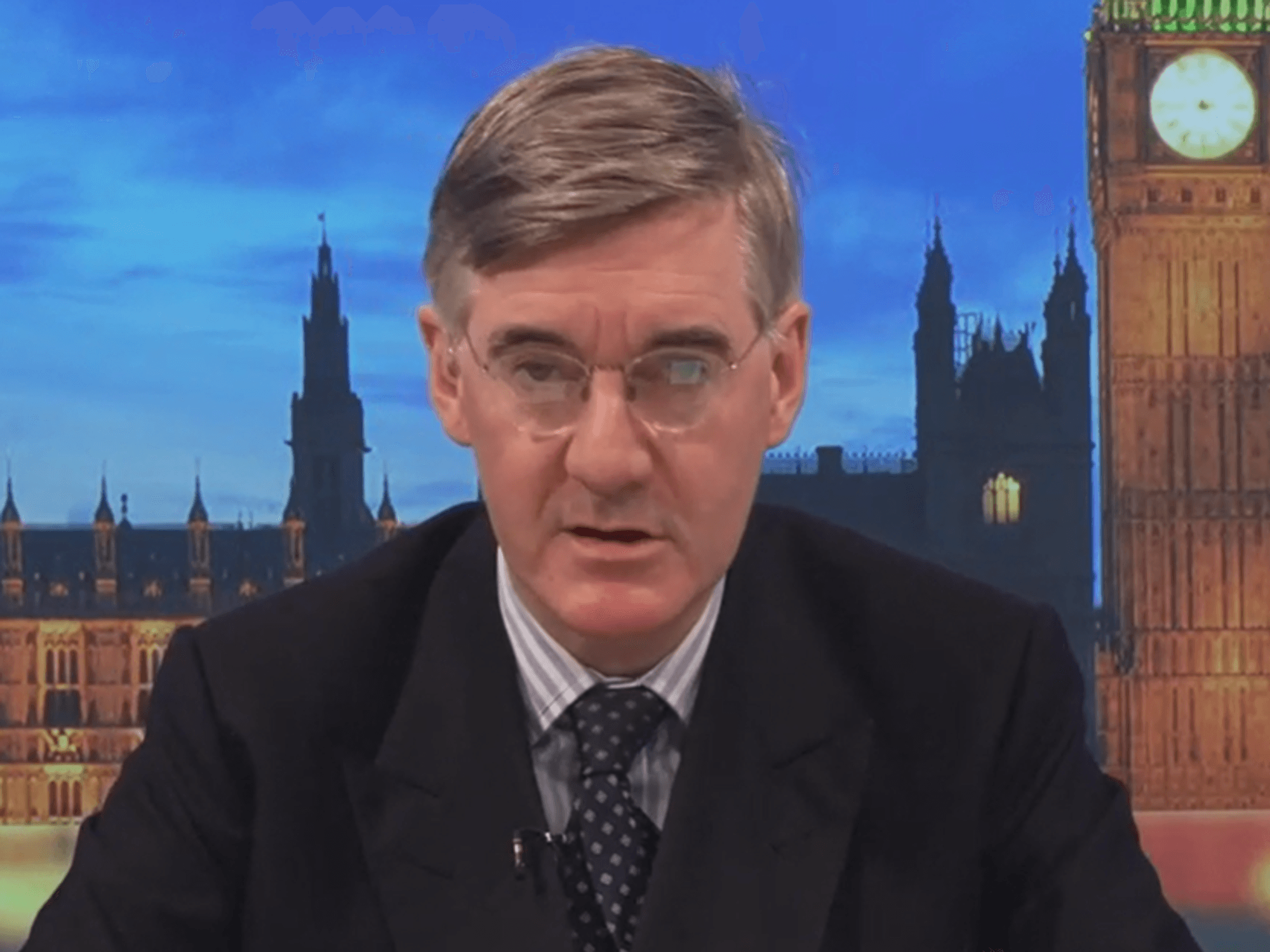Europeans are growing tired of being dictated to and it's coming to Britain - Simon Danczuk

Farmers are just one of the groups that are fed up of Brussels dictats
| ReutersSimon Danczuk is the former Labour MP for Rochdale
Don't Miss
Most Read
Latest
People across Europe have been incredibly patient.
They’ve been explaining to their respective political classes for quite some time that they’re unhappy with the levels of immigration, the Islamisation of their Christian society, the failure of multiculturalism.
Now in lots of European countries the public are shifting their politics from the parties that have excused or actively supported this diversity agenda. People across Europe have had enough of being ignored.
As we move towards the European Union Parliamentary Elections, to be held on the 6th to 9th June, all the opinion polling shows that the parties winning favour are those who promote their national heritage, who oppose uncontrolled immigration, and who want stronger law and order.
The bureaucrats in Brussels, in the European Commission and the various EU institutions, are beginning to worry about their supersized expense accounts. They can see that the great post-war social democratic experiment is slowly but surely coming to an end.
Contaminated by an elitist political immorality, the EU has grown to serve itself and not the nations of people within it.
The ruling coalition governments of Finland, Hungary, Italy, and Slovakia all now have nationalist groups within them.
The Swedish government is now supported by a nationalist party and the nationalists won the November elections in the Netherlands.
The conservative HDZ, having just won the election in Croatia, have formed a coalition with a nationalist party which had split from them for being too soft on social and international issues.
The ruling party in Italy, led by Giorgia Meloni, are national conservatives, as are the and United Right in Poland.
At an EU election level, the nationalist Identity and Democracy grouping, within the EU parliament, are expected to gain over 25 more seats than they currently have, from 59 to 85 MEPs.
They include Marine Le Pen’s National Rally (RN) in France, Matteo Salvini’s League in Italy, Germany’s Alternative für Deutschland (AfD), Austria’s Freedom party (FPÖ) and Vlaams Belang in Belgium.
The national conservative grouping – the European Conservatives and Reformists (ECR) – are also set to do well, increasing their MEPs to 75.
The mainstream conservative European People’s Party (EPP) group, which includes the German Christian Democrats (CDU) of the European Commission president, Ursula von der Leyen, look set to stay the largest in the 720-seat parliament, with about 175 MEPs.
Come the European Elections, it looks increasingly likely that the nationalists and conservatives will have a much larger number of MEPs, if not a majority.
Whilst EU enthusiasts pacify themselves with the knowledge that the EU Parliament has limited powers within the broader European project, it does not alter the fact that the public are growing tired of being dictated to.
But what does the European shift to nationalism mean for the UK?
One might think Labour riding high in the opinion polls shows that whilst most Europeans are shifting to nationalism, the British are shifting towards socialism. But that would be to misread the situation.
Many voters are simply staying at home, or are undecided, many just see Labour as a vehicle to remove a government they believe has been in power too long and is not managing the country effectively.
As Lord Neil Kinnock recently pointed out, voters “don’t love Sir Keir Starmer.”
Whilst all indications are that Labour will win a majority come the General Election it won’t be as big as many think.
After Labour have been in power for a couple of years and failed to tackle illegal immigration, have continued the multiculturalism agenda, and have taken diversity to the next level, the public will be more demanding of change – only then will there be a realignment in the UK like that on the continent.










